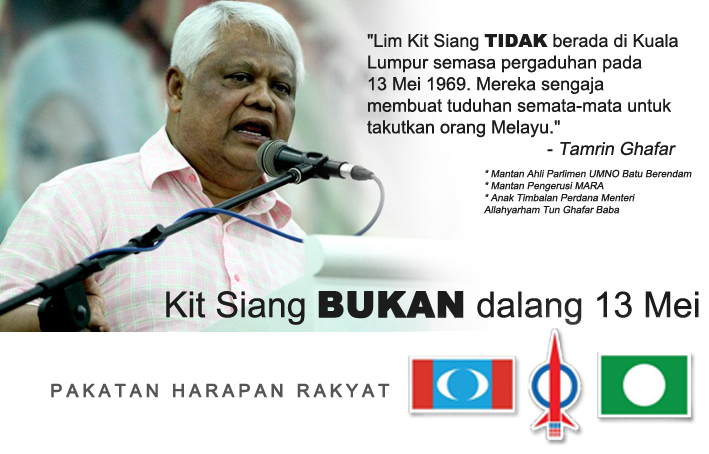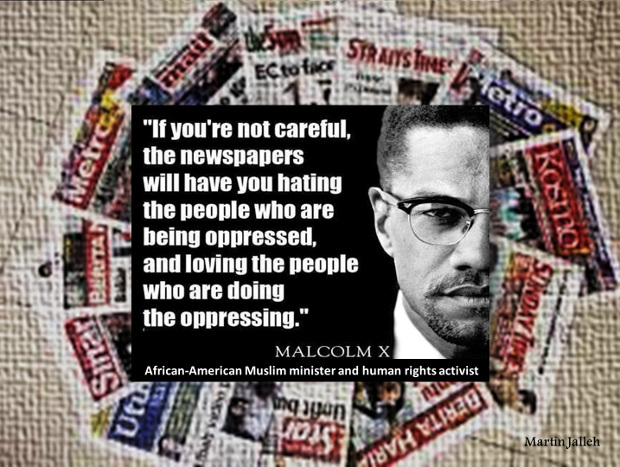— Syed Muhd Khairudin Aljunied
The Malaysian Insider
May 09, 2013
MAY 9 — Speaking at a news conference a day after the release of the results of the general election, Prime Minister Datuk Seri Najib Razak stressed that: “On the whole, the people’s decision this time shows a trend of voting polarisation…This worries the government, because if it’s not handled well, it could spark tension.” These comments were made in light of the premier’s knee-jerk observation that the increasingly politicised Chinese community have now swung towards the opposition unlike Malays who are firmly in support of Barisan Nasional (BN).
Compelling as such reasoning can be, Najib’s reflex reaction towards BN’s worst defeat since 1969 masks the deeper nuances of voting patterns and trends in Malaysia. While the results of the 13th general election (GE13) provide evidence that the Chinese-Malay divide in Malaysian politics has indeed manifest itself at the ballot box, there are other developments within the Malay populace in the country that have become more apparent and may follow a more protracted course in the coming years.
The rural-urban divide is the most obvious phenomenon that has emerged among the Malay electorate. Continue reading “How Malays voted at GE13”


